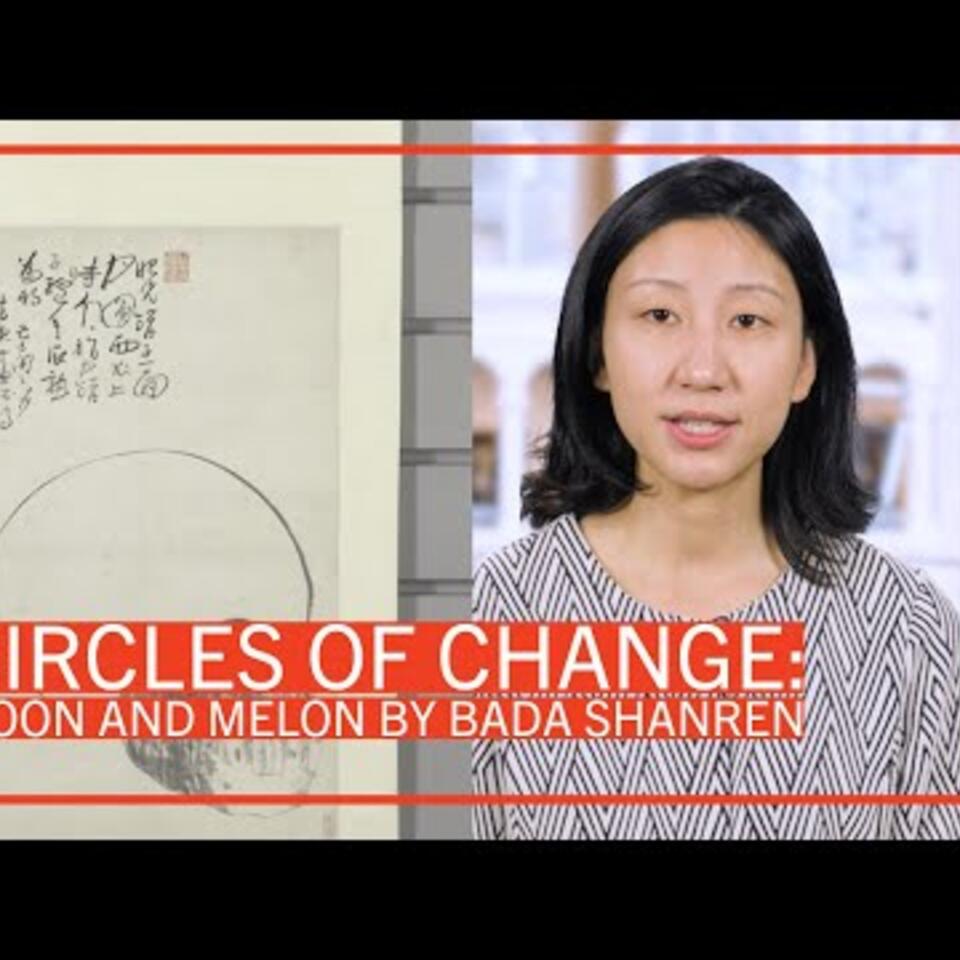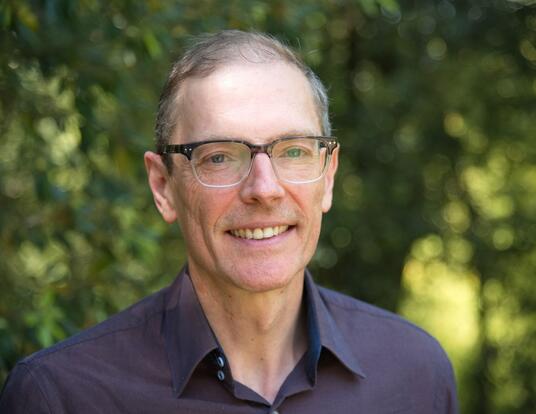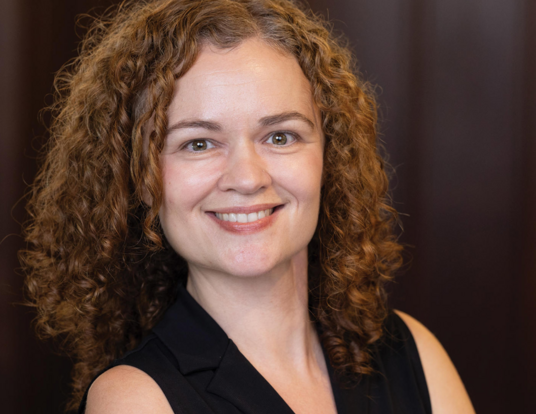Swimming to Learn
Writing as a graduate student involves discovering new things in what one already knows

There was an old lady who sowed her extra seeds on deserted lands every spring…Whenever she was out in the village, I often found her carefully examining the surroundings to look for anything that could be potentially useful: each piece of land, each branch of the tree, each bundle of the grass…Upon encountering anything that sparked her interest, she would kneel down, like a small child collecting a beloved toy, and put it in her pocket. She was, as I remember, a genius in breeding the crops. Her squash or winter melon seeds always produced the biggest and best products in the harvesting season. As the spring season began, the lady, after finishing the work on her farm, took the seeds to sow on the lands no one was using. The land didn’t seem to be rich, since even the wild grass was striving to survive. But the lady felt ashamed about not using any piece of the land…When the harvesting season came, one was likely to find her cheerfully carrying back home bags of melons, bundles of sesame, and buckets of potatoes. As peasants greeted her on the country road, the old lady liked to open her container, proudly telling the others how fortunate she had been in harvesting from the barren lands.
—Jiang He, PhD ’16
The student’s writings were full of earth and water. Animals, too. Sometimes both.
He wrote not just about the fields where rice was grown, but what those fields looked like when, “on…sunny days, reflections from the water lightened up every corner of the village, making the land appear like a gigantic mirrored jigsaw puzzle box.”
Most days, I read papers full of words, images, numbers, and graphs. No animals. I read things written in academic prose. What did I read today? Well, when I woke up in the morning, I read my own writing from the night before (a screenplay that is not going very well) and fiddled around with it a bit, cutting a phrase here and changing a word there. Once in my office, I met with a student from one of the regional studies master’s programs to talk about a paper on Russian politics. The next two hours were taken up with meetings; one concerned learning technology, and the other, collaboration with another office. Then it was lunchtime and I headed out to meet a GSAS student who just successfully defended his dissertation in one of the natural sciences. Afterwards, I hosted a mock job talk for a student who has three on-campus interviews scheduled. We talked about how to structure her presentation so that it might best tell the story of her research. An advanced doctoral candidate showed up at my office just after four. She was revising an article for publication. The peer reviewers had conflicting opinions. How could you satisfy both of them? In such instances, I generally advise the practice of statesperson-like diplomacy. The workday over, I headed out for dinner; I then tackled the screenplay again. At some point, I slept. Then it was morning. More writing.
Telling Stories
In writing, GSAS students are not just mastering the conventions of the genre. They are also learning how to tell stories. Who is the subject? Generally, either “I” or “we.” For now, I’ll say “you.”
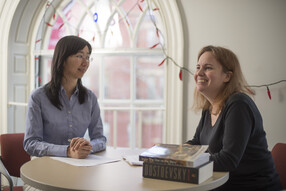
You have detected something of interest. It presented itself to your attention. in the course of your research. What is it? What do people in your field or related fields know about it? What remains to be known, and what are you going to do about it? When you did what you decided to do, what did you find out? What did you learn from the approach you took that is worth sharing? How does it change our understanding?
Whether it’s a dissertation, a seminar paper, a short story, a memoir, a blog entry, a presentation, or even a short response paper, anything made out of words and images is either part of a larger story or tells one on its own. Often, it is the same story: there was something
we didn’t know but should know or might want to know. Something made it possible for us to know it better. What we found out has bearings on what other people are still trying to find out, as well as on what they already know.
Each element of a given piece of writing is there to do a particular kind of work, which is itself suited to the purpose of the larger project (that of scholarship) in which one is engaged. In an academic paper, why is there a “literature review”? Because academic writing is an inherently social process, and hence subject to the demands of a sort of justice. One must give others their due. Why does a lyric poem not need a literature review? Because the conventions of lyric poetry permit the lyric singer to sing of himself to himself. “I am large,” sings Whitman in “Song of Myself.” “I contain multitudes.” Songs need not aim at understanding.
More often than not, writing articles entails identifying a problem (itself an art), taking an approach to that problem, and coming up with results that peers working on related problems might benefit from, in terms of heightened understanding. Indeed, one crucial goal in the development of modern research was to put knowledge-seekers and problem-solvers in connection with one another. When that happened, though, seemingly impassible boundaries gradually arose between academic and nominally more “creative” sorts of writing.
A Harvest From Barren Soil
The writer of the passage about the old lady and her capacity to grow things in unpromising conditions was not an undergraduate working on a “creative” senior thesis in the English department. At the time, rather, he was a GSAS student in molecular and cellular biology. I had first met Jiang He back in 2012, when he contacted me to let me know that he had been working on an autobiographical book about growing up in rural China and making his way to Harvard. To Jiang’s mind, these were not wholly disparate worlds. Indeed, it was his immersion in nature that shaped the passion with which he studied it. In his first email, he indicated that he was not working on an academic project, and politely asked if he could send me his stories anyway.
He said that he would understand if this was not my job. I said, “Please send me your stories.” And so he did, and I could see that they were real stories, and that they were in fact going to be a book. He was concerned about the fact that English was his second language; I was not. I was impressed by his existing abilities, and I was sure that we could shape an approach to his work that would allow him to exercise his craft in English.
In the course of my work as the director of the Center for Writing and Communicating Ideas, I think often of the work that I did with Jiang from 2012 to 2014. Back then, there was no Center. Certainly, there were people in the Fellowships Office and the Bok Center working with
students on developing skills that would shape their writing. My part of this joint effort entailed sitting on a couch on the third floor of Dudley House, reading students’ writing, talking with students about their writing, or plans to write, or problems with writing, or questions about how to approach their writing in the context of their larger intellectual, disciplinary, professional, and pedagogical aims.
Now that we have the Center, we are poised to take a leap in terms of helping many more GSAS students with the skills of writing and communicating that are so central to professional development. I still read students’ stories. I often use art as an entry point into conversations
about structure, story, and style.
Here, I want to return to Jiang’s description of the old lady who planted in fields that others had dismissed as barren. It’s easy to see a potential analogy to writing in the description of the lady’s capacity to use her well-tutored eyes to spy out untended areas where, given some effort, growth might be possible. Happy the writer or thinker who finds a seemingly barren area and manages to get a harvest out of it.
Jiang’s stories were not written to gain credit for a course or degree. They were written for the sake of telling his story. Both his research in biology and his stories came out of his connection to nature. Through his work on developing his gifts as a literary writer, Jiang developed his overall capacities as a writer and thinker.
What We Do Every Day
Countless professional writers use metaphors of planting, digging, and harvesting to describe their work. One thinks of Seamus Heaney’s poem, “Digging,” in which a writer sits at his desk, holding his pen between his finger and his thumb. Upon hearing the sound of a spade sinking into the ground, the writer looks out the window and sees his father digging, which reminds the writer of his grandfather digging as well. The speaker reflects that he is unequipped to dig with his forebears: “I’ve no spade to follow men like them.” What he does have, however, is a pen: “Between my finger and my thumb/The squat pen rests.” He resolves to put the pen to work: “I’ll dig with it.”
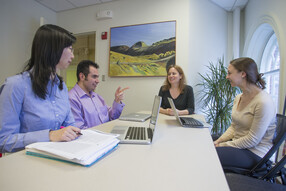
Digging, building, sometimes running: most metaphors used to describe writing are land-based, or, if at sea, as in, say, Hemingway, at least in a boat. One thinks of fishing. In working with GSAS students, I have found the more apt metaphor for writing to be swimming. I am not thinking of F. Scott Fitzgerald’s remark that “All good writing is swimming under water and holding your breath.” This may be a bit melodramatic. Not all writing that is later deemed to be “good” makes one feel deprived of oxygen. Sometimes it feels like freedom.
To the extent that writing entails something like swimming, I would say that it entails swimming to learn. How is this different from learning to swim? When you are learning how to swim, you are told what it is you are supposed to be doing: treading water, doing the crawl or the butterfly, and so on. At first, as in undergraduate writing, the goal is to build general capabilities rather than specialized skills.
Learning how to fulfill particular tasks that we know about prior to undertaking them is essential to graduate education. But graduate writing, in the process of becoming professional, moves beyond the fulfillment of required tasks. In writing, as in athletics, you cannot improve your specialized skills without drawing upon and hence, heightening your general capabilities. And absent a high degree of general athleticism, one cannot attain a high degree of specialized expertise.
In the more advanced stages of writing, we still engage in the same processes that we did when we had just started, but now, we are doing them at a different level. It is always possible to learn more about what can be done. Here is where “swimming” under different conditions may be useful. Unfamiliar activities remind you that you possess underused muscles.
If we are serious about our work, we are always “learning to” do what we already do. We move toward what we don’t yet know can be done in what we do every day.
Portrait by Kathleen Dooher; photo by Tony Rinaldo
Get the Latest Updates
Join Our Newsletter
Subscribe to Colloquy Podcast
Simplecast


